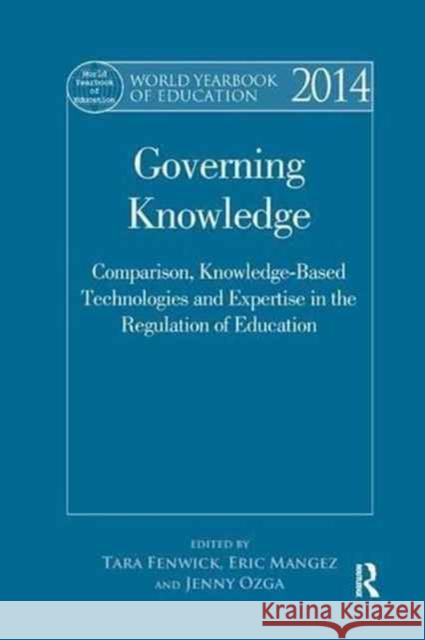World Yearbook of Education 2014: Governing Knowledge: Comparison, Knowledge-Based Technologies and Expertise in the Regulation of Education » książka
topmenu
World Yearbook of Education 2014: Governing Knowledge: Comparison, Knowledge-Based Technologies and Expertise in the Regulation of Education
ISBN-13: 9781138711167 / Angielski / Miękka / 2016 / 256 str.
World Yearbook of Education 2014: Governing Knowledge: Comparison, Knowledge-Based Technologies and Expertise in the Regulation of Education
ISBN-13: 9781138711167 / Angielski / Miękka / 2016 / 256 str.
cena 243,84
(netto: 232,23 VAT: 5%)
Najniższa cena z 30 dni: 241,34
(netto: 232,23 VAT: 5%)
Najniższa cena z 30 dni: 241,34
Termin realizacji zamówienia:
ok. 22 dni roboczych.
ok. 22 dni roboczych.
Darmowa dostawa!
Kategorie:
Kategorie BISAC:
Wydawca:
Routledge
Seria wydawnicza:
Język:
Angielski
ISBN-13:
9781138711167
Rok wydania:
2016
Numer serii:
000233452
Ilość stron:
256
Oprawa:
Miękka
Wolumenów:
01











